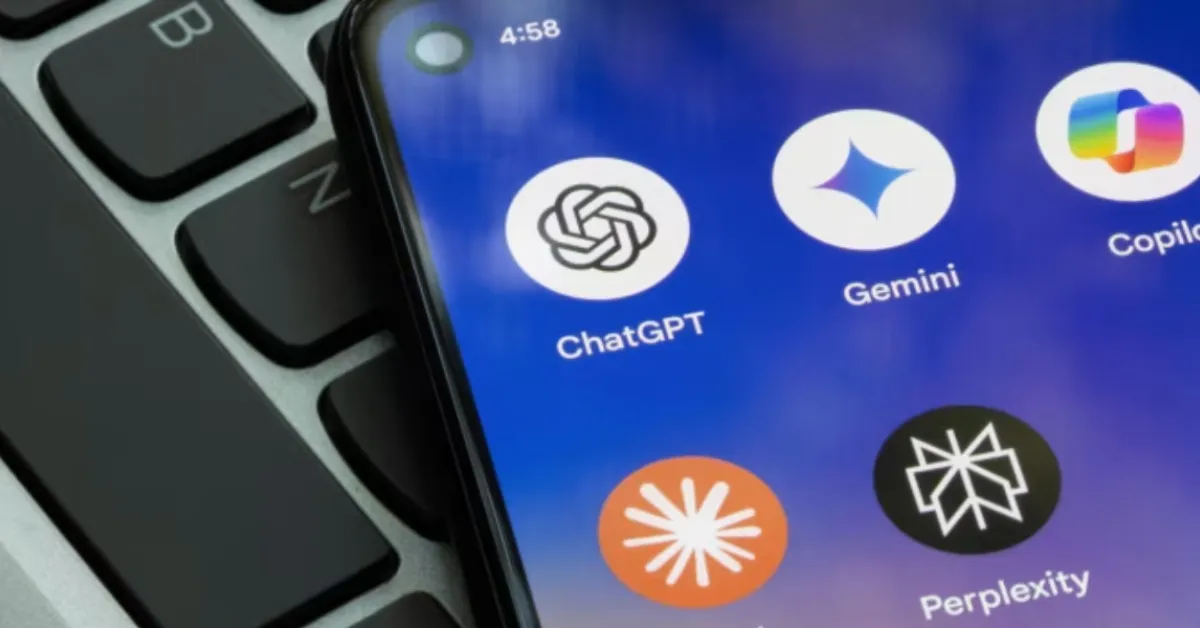Kenyan Parents Turn to AI for Parenting Support and Guidance

An increasing number of Kenyan parents are using artificial intelligence (AI) tools to support their parenting.
Many are turning to digital assistants for advice on child development, health concerns, education and communication. Dennis Mbau, a 34-year-old father of two and postgraduate student at the University of Nairobi, began using AI shortly after the birth of his first child. With limited parenting experience but a strong digital background, he found the technology helpful for tracking developmental milestones and preparing for key stages such as teething and early speech.
As his daughter approached playgroup age, he also used AI for guidance on how to engage with teachers and support his child’s transition into early education. Mbau’s reliance on AI deepened following the birth of his second child. When his infant developed swelling after a vaccination, he turned to AI for clarity.
Unlike traditional search engines, which he found too broad and confusing, AI allowed him to describe the exact symptoms and receive a response that closely matched the diagnosis later confirmed by a medical professional. This experience strengthened his confidence in AI as a reliable parenting aid.
In another part of Nairobi, Terry Musyoki, a mother of four, uses AI to help navigate the challenges of raising children in a blended family and caring for a child with a disability. She considers AI a useful research tool, particularly for improving communication and integrating faith-based values into her parenting. Having raised children before and after the digital shift, Musyoki sees AI as a helpful addition but not a complete solution.
She also teaches her children to use AI for schoolwork, while maintaining oversight, especially when it comes to religious content. However, not all parents share this positive view. Alfred Kamula, a father of four, worries that AI may weaken young people’s critical thinking skills. His concerns were reinforced when his 19-year-old son admitted that while AI made homework easier, it reduced the need for independent thought.
Kamula only recently began exploring AI and was surprised by its accuracy, particularly when seeking advice. Despite this, he remains cautious about relying on AI over human judgement. Mental health professionals and technology experts also advise careful use of AI in parenting. Pauline Kariru, a counselling psychologist who learned about AI from her children, acknowledges that many AI responses are psychologically sound.
Still, she emphasises the need for evidence-based practice and warns against accepting digital advice without proper scrutiny. Joseph Otieno, director of Talanta Digital Solutions, leads monthly training sessions for parents on how to use AI for schoolwork support, screen time management, and age-appropriate content monitoring. He views AI as a valuable tool, but insists it should only complement active parenting.
“Parenting cannot be outsourced,” he says. “Emotional presence and human wisdom cannot be replaced.”














Add new comment